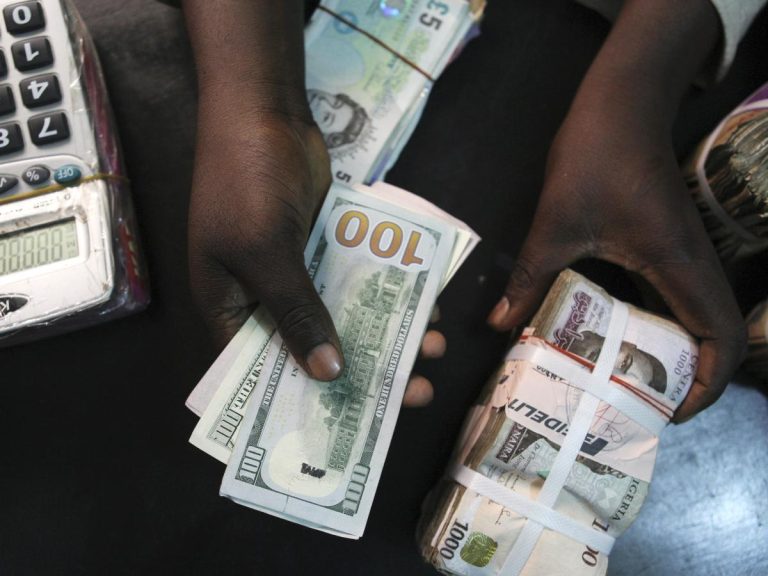BUSINESS DAY
The number of Nigerians facing food insecurity has increased by 133 percent in three years as poverty deepens in Africa’s most populous country.
The figure surged from 63.8 million people between 2014 -2016 to 148.7 million people between 2020 to 2022, according to the 2023 State of Global Food and Nutrition Security, and it is likely to worsen in recent years owing to the significant increase in prices of food items.
Attaining food security in Nigeria has become a struggle in the face of various challenges including insecurity, flood, farmer/herders clash, climate change, and poor funding among others.
This is despite billions of naira spent by the Nigerian government and yearly interventions from international donor agencies, to shore up food production in the country.
Ntiedo Ekott an Abuja-based agriculture analyst noted that food insecurity in Nigeria remains an issue that requires urgent attention both from the government and private sector.
Ekott noted that the worsening insecurity, climate change, and impact of fuel subsidy removal have continued to affect the capacity of farmers to produce adequate foods to meet the demands of Nigerians, hence the increased importation of food items.
“From January till date, we haven’t seen any decline in the inflation rather it keeps going up, showing that the prices of food are on the rise, and this a big concern for us in Nigeria,” he noted.
“The food item you got yesterday, if you go back today to get the same product, you may not get it at the same price, so it is a big problem that needs to be addressed urgently,” he told BusinessDay.
He urged the government to urgently address the worsening state of insecurity in the country, noting that the activities of bandits and kidnapping have continued to deter investments in the sector.
Food inflation, which makes up the bulk of Nigeria’s inflation basket, has increasingly quickened to 31.5 percent in October from 30.64 percent in September, amplifying a cost of living crisis in the country.
Nigeria currently has 133 million multidimensionally poor people, representing 63 percent of the nation’s total population of 211 million individuals, according to the 2022 Multidimensional Poverty Index (MPI) report by the National Bureau of Statistics (NBS).
Uchenna Daniel of Green Grain Nigeria Company said that poor implementation of government policies is a major contributor to all agricultural problems…



